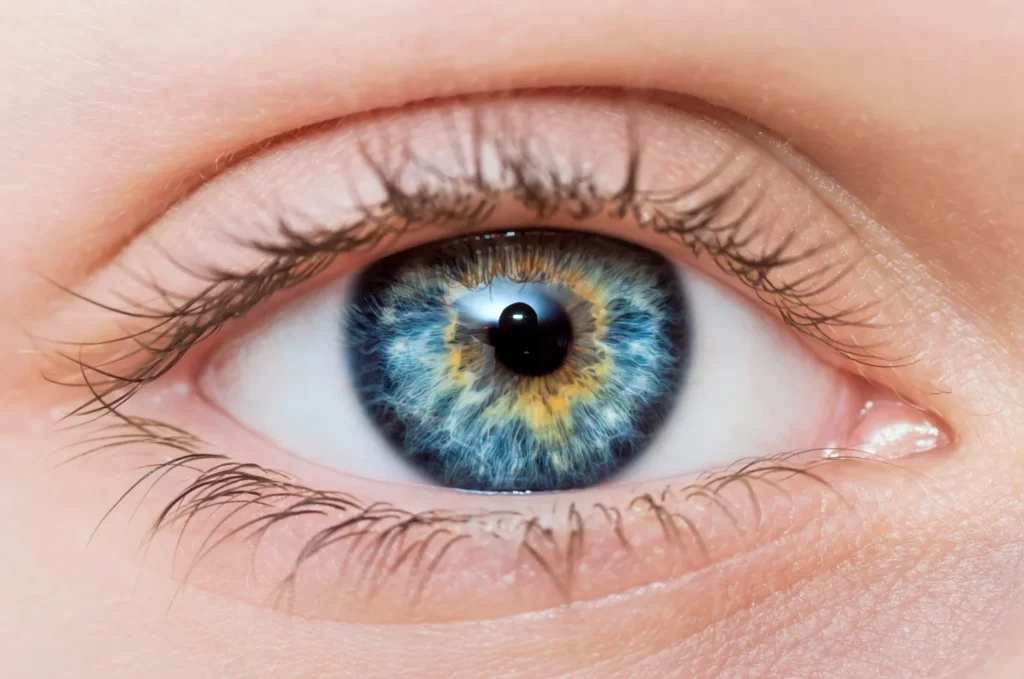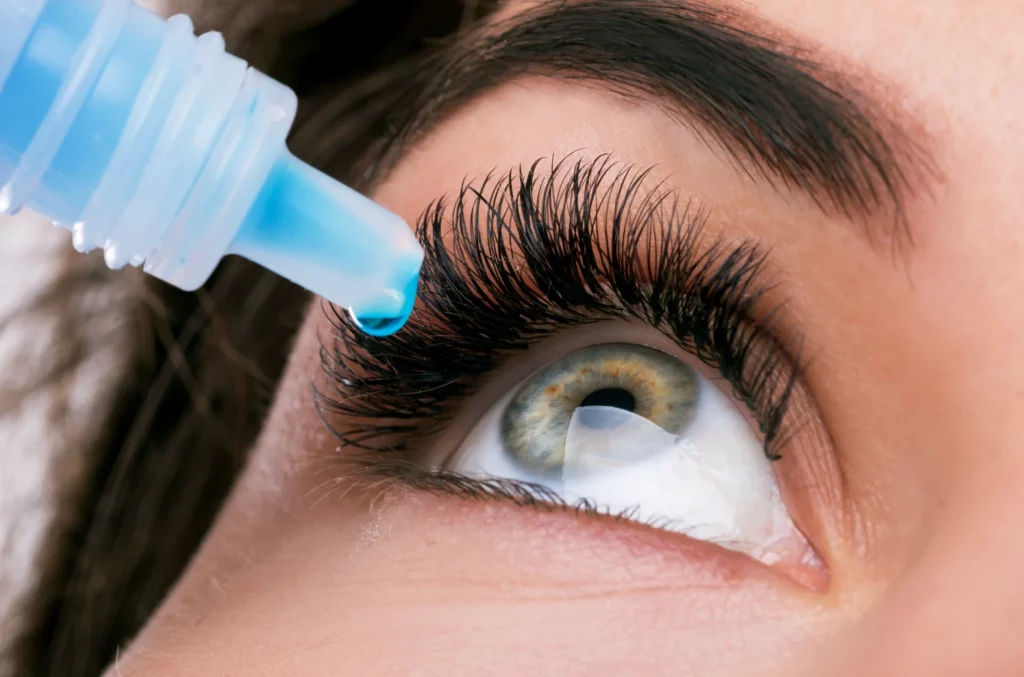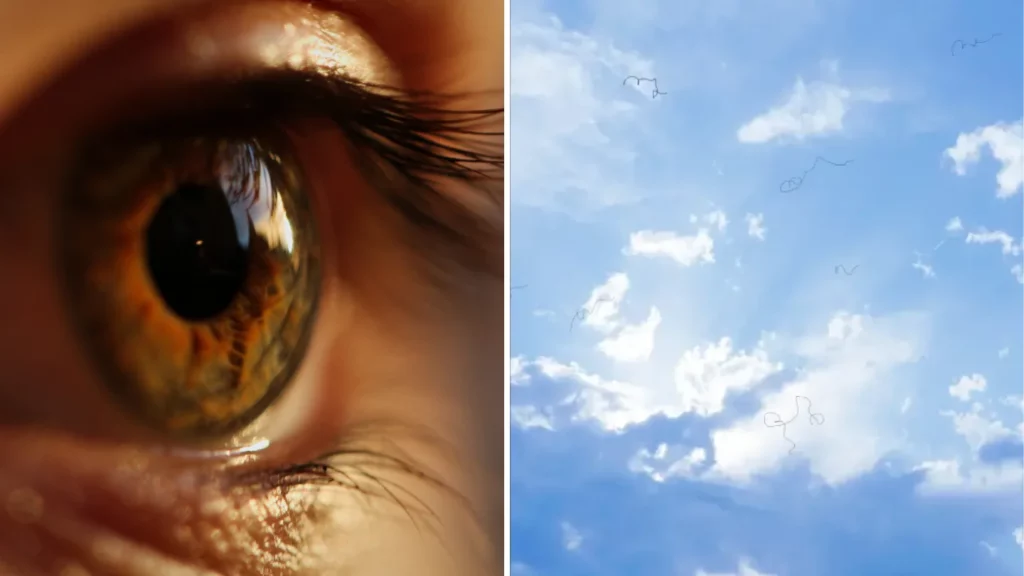Our eyes are vital to our perception, allowing us to process up to 80 percent of sensory information through vision.
From everyday tasks to meaningful interactions, sight has a profound impact on how we experience and navigate the world.
This reliance on vision makes eye health a crucial factor in our well-being, yet many people notice changes in their eyesight with age.
One common change is the appearance of “floaters,” which has left many puzzled and, at times, alarmed by the sudden sight of drifting spots.

Described by the Mayo Clinic as “spots in your vision,” floaters may look like “black or gray specks, strings, or cobwebs.”
These tiny shadows drift with eye movement and appear to dart away when focused on, making them difficult to ignore.
Eye floaters are surprisingly common, affecting about seven in ten people and often becoming more noticeable with age.
For many, floaters are perplexing, frequently mistaken for dust or small insects that simply won’t go away.
WebMD’s specialist Rick Ansorge explains that “as you age, the protein fibers that make up the vitreous shrink into little shreds that clump together.”

These clumped fibers within the vitreous create tiny shadows on the retina, leading to the perception of floaters in the line of sight.
A common reaction to floaters is confusion, with many sharing similar experiences online about the strange visuals.
One individual shared, “I keep seeing ‘flies’ everywhere… I keep rubbing at my eye but there’s really nothing there. It is so frustrating.”
Another commented, “I thought this was just me… waving my arms like I’m crazy, only to realize it’s a floater.”
The NHS reassures that if floaters are persistent but do not worsen over time, there is generally little cause for concern.

For those already nearsighted or who have undergone cataract surgery, floaters may even be more likely to appear.
In most cases, floaters are harmless, though they can become a daily annoyance, especially if they begin to distract from vision.
Experts suggest several steps to improve eye health and prevent floaters from becoming an interference.
Maintaining a healthy diet rich in omega-3s, zinc, Vitamin A, and fatty acids can support eye health and minimize floaters.
Avoiding smoking is also recommended, as it can impact vision health and increase the risk of eye conditions.
If floaters become distracting, looking up and down may help shift the fluid in the eyes, moving floaters out of the line of sight.

Yet, while floaters are mostly benign, there are cases where they may indicate something more serious developing in the eye.
According to WebMD, certain conditions, including diabetic retinopathy, eye tumors, or even crystal deposits in the vitreous, can result in floaters.
The NHS warns that a sudden onset of floaters, accompanied by flashes of light or an increase in their number, may signal a more urgent issue.
Symptoms such as blurred vision, eye pain, or a moving shadow across sight could be signs of a medical emergency involving the eye’s retina.
If floaters are accompanied by any of these symptoms, seeking immediate medical attention is recommended, as they may indicate severe retinal conditions.
Featured Image Credit: (Canva Pro)





